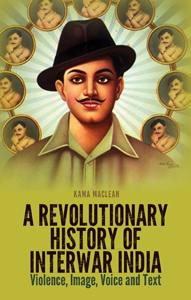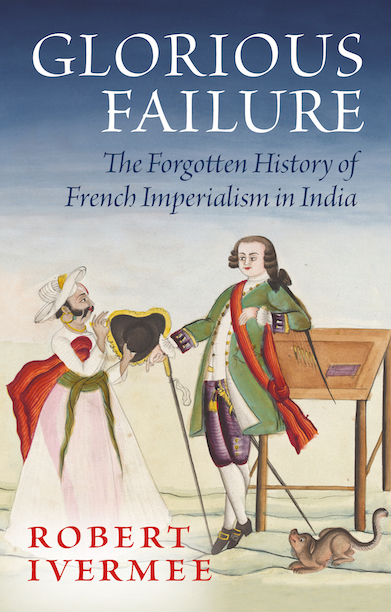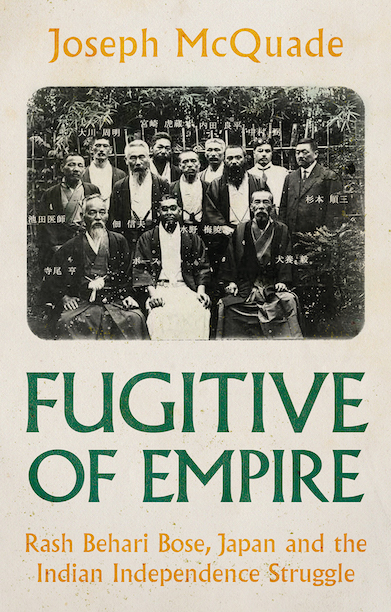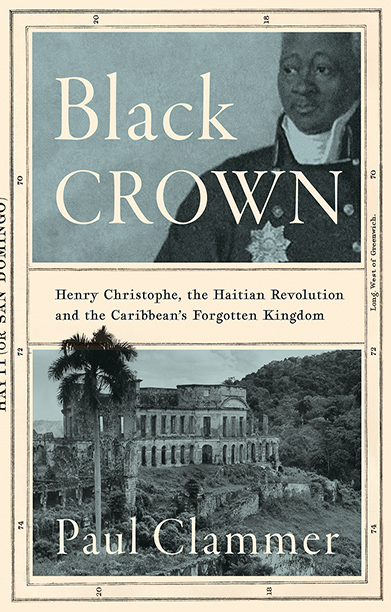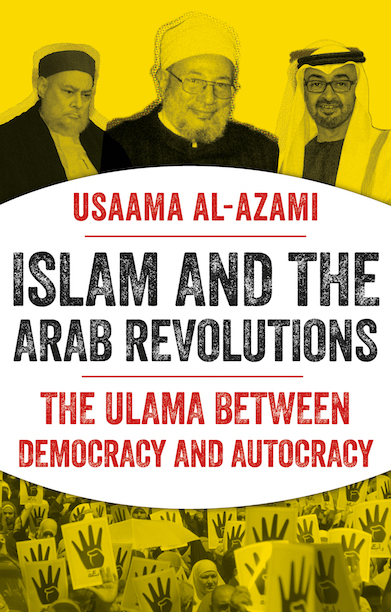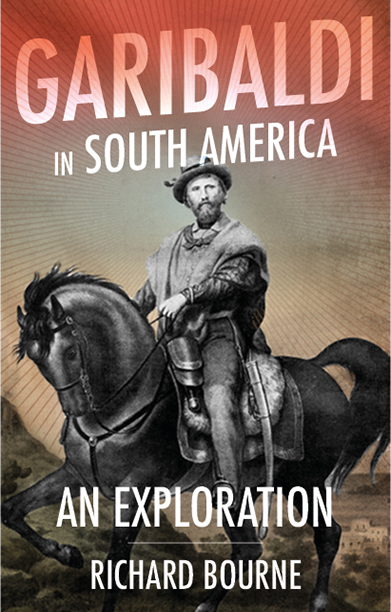A Revolutionary History of Interwar India
Violence, Image, Voice and Text
A fresh perspective on the ambitions, ideologies and practices of the Hindustan Socialist Republican Army
Description
Focussing on the Hindustan Socialist Republican Army (HSRA), A Revolutionary History delivers a fresh perspective on the ambitions, ideologies and practices of this influential organisation, formed by Chandrashekhar Azad and Bhagat Singh and inspired by transnational anti-imperial dissent. It is a new interpretation of the activities and political impact of the north Indian revolutionaries who advocated the use of political violence against the British.
Kama Maclean contends that the actions of these revolutionaries had a direct impact on Congress politics and tested its policy of non-violence. In doing so she draws on visual culture studies, demonstrating the efficacy of imagery in constructing — as opposed to merely illustrating — historical narratives. Maclean analyses visual evidence alongside recently declassified government files, memoirs and interviews to elaborate on the complex relationships between the Congress and the HSRA, which were far less antagonistic than is frequently imagined.
Table of contents
1. Introduction: Violence and Anticolonialism in India
Part I — The Revolutionaries of the Hindustan Socialist Republican Army: Histories, Actions, Activists
2. Of History and Legend: Revolutionary Actions in North India, 1928-31
3. That Hat: Infamy, Strategy and Social Communication
4. The Revolutionary Unknown: The Secret Life of Durga Devi Vohra
Part II — Porous Politics: The Congress and the Revolutionaries
5. Intermediaries, the Revolutionaries and the Congress
6. The Revolutionary Picture: Images and the Dynamics of Anticolonialism
7. ‘Gandhi and Balraj’: From Dominion Status to Complete Independence
Part III — The Aftermath: Gandhism and the Challenge of Revolutionary Violence
8. The Karachi Congress, 1931
9. Controlling Political Violence: the Government, the Congress and the HSRA
Epilogue: Congress and the Revolutionaries, 1937-1946
Conclusion: The Dynamics of Anticolonial Violence
Appendix: The Martyr’s Conference in Paradise
Bibliography
Reviews
‘An extraordinarily well-written and well-researched book that will transform our understanding of the relationship between violence and nonviolence in interwar India. The book reframes the place of revolutionary ideologies and programs as they both competed and collaborated with the campaigns of Gandhi and Congress in northern India. A model of creative research and good writing.’ — Durba Ghosh, Associate Professor, Department of History, Cornell University
‘A courageous alternative account of the Indian freedom struggle, so far predominantly framed within the mega-narrative of Gandhi’s ideology of non-violence as the principal instrument of triumph of India’s independence, overshadowing the role of the revolutionaries during interwar India. Never before has the history of this crucial phase in modern India been reconstructed using the living archives of oral histories, folklore, popular visual culture, interviews, cinema and satires as powerful additional sources, resulting in the fascinating story of peoples’ movements, lesser known martyrs and unsung freedom fighters intricately analysed within the dynamics of anticolonial violence.’ — Jyotindra Jain
‘In pursuing the story of the revolutionary-nationalist Bhagat Singh and his comrades, Maclean makes a clean break with the official teleology of Indian nationalism: the victory of non-violence over imperial forces. However, she also encounters a figure whose historical life extends far beyond official archives into the regions of oral testimony, popular cinema and bazaar representations. The resulting text raises fundamental questions about the place of violence in Indian nationalism. It also presents some very thoughtful reflections on historians’ use of unconventional sources. A remarkable and enduring achievement.’ — Dipesh Chakrabarty, Lawrence A. Kimpton Distinguished Service Professor of History, South Asian Languages and Civilizations, University of Chicago
‘This is not only a brilliant new history of India’s revolutionary heritage. It is also an innovative exploration of a new mode of historiography. Drawing on “un-archived” resources, and newly released documents, it shows us how central violence was to a freedom struggle which subsequently came to believe precisely the reverse. Maclean’s transformative study reaches beyond popular culture’s familiar cast of characters and reconceptualises nonviolence’s ambivalent relationship to its intimate enemy in subtle and productive ways.’ — Christopher Pinney, Professor of Anthropology and Visual Culture, University College London, and author of ‘Photos of the Gods’: The Printed Image and Political Struggle in India
‘No other work on the revolutionaries of this important phase has ever tried to approach them like Kama Maclean has done here. The book successfully locates them as key players in the freedom struggle, albeit for a short while, with close linkages with the Congress Party. Despite ideological differences, they hung together for the common goal of attaining freedom. A refreshing addition to the corpus of scholarship on the subject.’ — Asian Studies Review
‘The author has collected more source material from various places than perhaps any other researcher. Maclean has done a lot of fieldwork and deserves to be complimented for her well-produced study.’ — Chaman Lal, former professor at Jawaharlal Nehru University and author of Understanding Bhagat Singh
‘Maclean has done a very commendable job by unearthing some of the vital sources that could be useful for reconstructing the history of India’s freedom struggle and this book makes a significant contribution to knowledge.’ — N.V. Sheeju, South Asia Research
Author(s)
Kama Maclean is Professor of History in the South Asian Institute at the University of Heidelberg, and Editor of South Asia. Her book, Pilgrimage and Power, was awarded an honourable mention in the Ananda Coomaraswamy Prize (2009).
